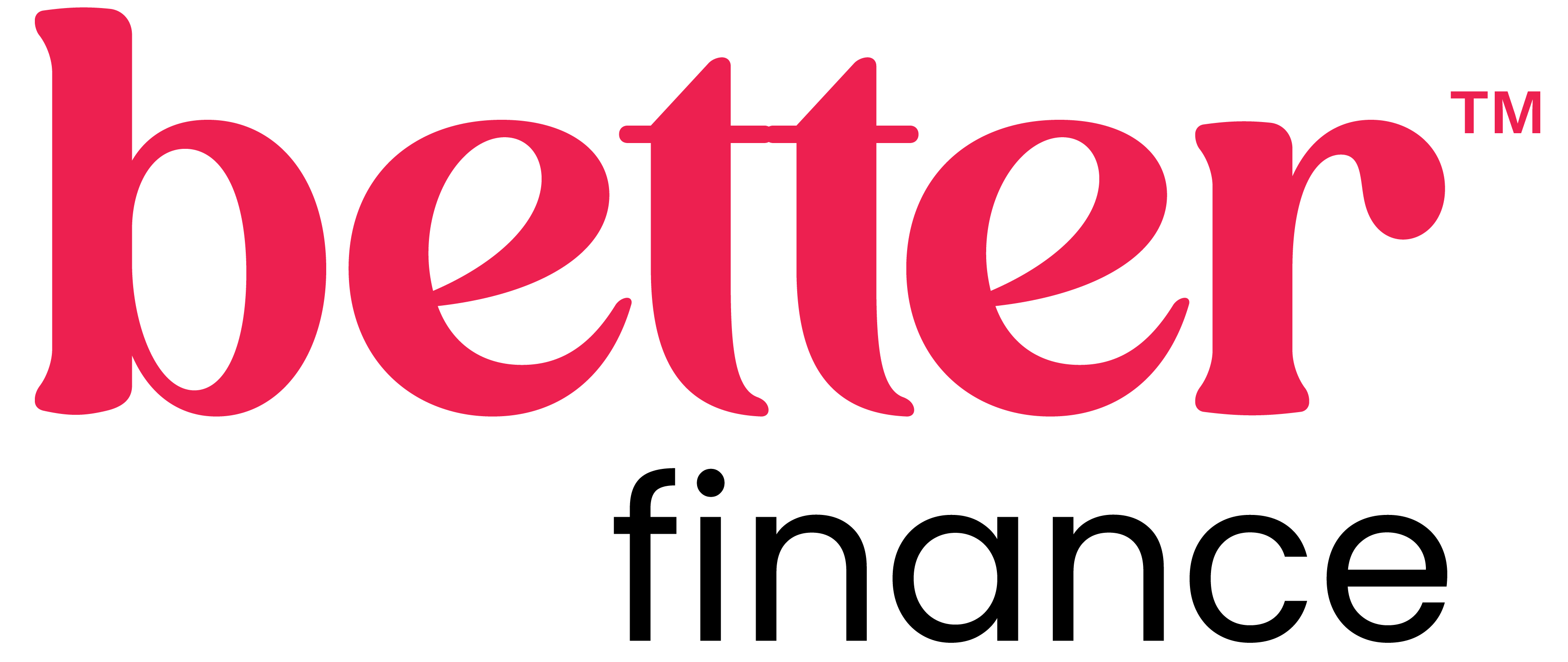
Debt consolidation refers to combining a number of debts into one new loan.
Credit card consolidation works in the same way – instead of having a number of different credit cards with amounts owing, you combine the debt into a single loan.
This can be easier to manage and can sometimes save you money.
How can debt be consolidated?
There are a few common ways that debt can be consolidated.
Personal loans
It’s possible to take out a personal loan to wrap up 2 or more other debts. It generally doesn’t matter what type of debt it is; the personal loan can absorb it and be paid off over a period of time, plus interest.
Balance transfer
Sometimes, if you have credit card debt, it can be transferred to another credit card provider at a lower interest rate. If you have a number of credit card balances, you might consolidate them onto one card.
Pros and Cons of Consolidating Credit Card Debt
There are a few key reasons that consolidating credit card debt can be helpful.
Easier to manage: From a life admin perspective, having one loan to think about can be easier than managing multiple cards. You don’t need to track different repayment dates – there’s just one to worry about.
Possibly lower interest rates: Depending on the rate you’re paying on your credit card, you may be able to reduce it by consolidating your debt. Sometimes, interest on credit cards is charged at 20 percent or more, and you may be able to get a personal loan at a lower rate than this. This could save you money.
Simplified finances: It may just feel easier to only have one loan. If you’re working to get your financial life in order, this could be a step in the right direction.
But there are some potential drawbacks, too.
Fees: There may be fees associated with the process. It’s important to know what these will be before you take out a new loan.
Longer repayment terms: If it takes you longer to pay off your debts, you may pay more overall, even if the interest rate is a bit lower.
Risk of spending more: If you clear your credit cards, you might be tempted to spend again. It’s important not to use debt consolidation as an opportunity to take on more debt.
Step‑by‑Step Guide to Consolidating Credit Card Debt
Want to consolidate your credit card debt? Here’s how to go about it.
Assess Your Current Debt Situation
-
Start by working out exactly what your current debts are, what they’re costing you and who they’re with.
-
List all credit card balances, interest rates, and minimum payments
-
Calculate your total debt and monthly outgoings
-
From here, you’ll know what you need to consolidate and what kind of repayments might be needed.
Check Your Credit Score
As you go into the process, it will help to understand your credit picture.
A higher credit score may give lenders more comfort that you’re likely to repay your loan.
You can check your credit score with the credit bureaux in New Zealand – Centrix, Equifax and Illion. If there’s anything on your credit score that does not look right, you can ask to have it amended.
Explore Your Consolidation Options
From there, you can look at your options.
Balance transfer: Another credit card provider may let you transfer your balance to one of its cards at a lower interest rate. Keep in mind that the card issuer is likely to only require minimum monthly repayments on the debt, which could mean it takes a long time to clear.
Personal loans: Personal loans are an option that will give you more structure to pay off your debt. You’ll take out a loan for the amount of your debt, and pay it off with fixed repayments that clear it within the term of your loan. You’ll pay an interest rate that can generally* range from under 10% to 20% or higher, depending on your circumstances and whether the loan is secured (where the lender takes security in case you do not pay) or unsecured.
Mortgage refinancing: If you have a home loan, it may be an option to extend it to repay your debt. This can offer you a low interest rate, but take care with the length of time you take to pay it off. Even with a low interest rate, debt generally costs more when it’s paid off over a longer period of time. You might choose to keep the consolidated debt separate from the main home loan, with higher repayments to clear it more quickly.
At better finance™, we can help you look at your options and the personal loan terms that might be available to you.
You can use our online calculator to get a sense of what your repayments might be.
Time to apply?
We have an easy, quick online facility to help you apply for a personal loan.
You can boost your chances of approval by having all the documentation that might be needed ready at the beginning, such as proof of address, proof of income, ID and evidence of the debts you want to consolidate.
Clear your debt
If you use a debt consolidation option that puts funds into your account, it’s important to use them to pay off all your balances straight away.
Then you can decide whether you need to cut up the cards!
Your repayments
If you have a personal loan, your repayments will be set up on a schedule over a number of months or years. You might want to arrange for this to happen the day after your payday, so you can have more confidence about having enough money in your account.
We can help you determine a repayment level that works with your budget and also helps you clear your loan in a reasonable timeframe. Celebrate your progress on the way to becoming debt-free, and avoid taking on extra debt while you’re at it.
Common Mistakes to Avoid
Not closing old credit card accounts
If a credit card account has got out of hand, it might be a good idea to close it so that there is no temptation to start spending again. If you need to have a credit card, you could leave it open, but set clear rules for yourself about how and when you’ll use it.
Taking on new debt while paying off the old one
Try not to be tempted to take out new debt. Treat the debt consolidation as a chance for a fresh start and a new approach to managing your finances.
Not understanding the fine print
It’s important to know what you’ve signed up for. What are the terms and conditions of your personal loan? What are the details of your credit card balance transfer? Knowing this will help you make the most of them.
When Debt Consolidation Might Not Be the Right Solution
Debt consolidation isn’t right for everyone—there are debt consolidation mistakes you should be aware of.
If you’re in a situation where your outgoings regularly exceed your income, and you’re going backwards, debt consolidation is likely to only be a short-term band-aid rather than a solution.
In those cases, it might be sensible to seek help from a service such as MoneyTalks or talk to your lenders about the options for a hardship application.
The expert team at better finance™ may also be able to help. Our advisers are experts when it comes to personal lending.
FAQs
-
Can I consolidate other types of debt?
Yes – it’s possible to consolidate most types of debt, except for student loans. -
Will consolidation hurt my credit score?
It could help your credit score if it means you can pay off your debt more quickly or reduce your risk of missing a payment. -
How long does the debt consolidation process take in NZ?
It might not take as long as you think! better finance™’s process for online personal loan applications is straightforward and quick. -
What if I’m declined for a consolidation loan?
better finance™’s team can talk to you about your options and which lenders could be a good fit for your circumstances. If you can’t consolidate your debt, you may be able to come up with a strategy to help manage it.
Need a hand?
If you’d like to talk about credit card consolidation, or any other kind of debt consolidation, get in touch with the team at better finance™. We’re here to help with any questions you might have about personal loans.
Disclaimer: Please note that the content provided in this article is intended as an overview and as general information only. While care is taken to ensure accuracy and reliability, the information provided is subject to continuous change and may not reflect current developments or address your situation. Before making any decisions based on the information provided in this article, please use your discretion and seek independent guidance.
*Interest rates change over time. Please investigate interest rate ranges at the time of reading this.





